Yoga Retreats with Private Yoga Sessions
Insiders tips
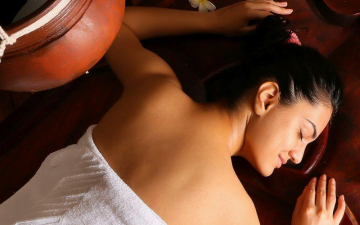
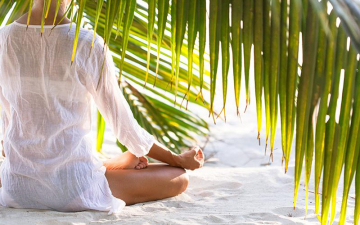

Discover all our Private Yoga holidays

Find peace and clarity through yoga, meditation and breathwork in a calming setting.

Perfect for those seeking relaxation and soothing spa treatments. Unwind in a serene setting, release tension and recharge your body and mind.
For those seeking more energy and vitality. Combine movement with relaxation and experience the perfect balance between fitness and spa.
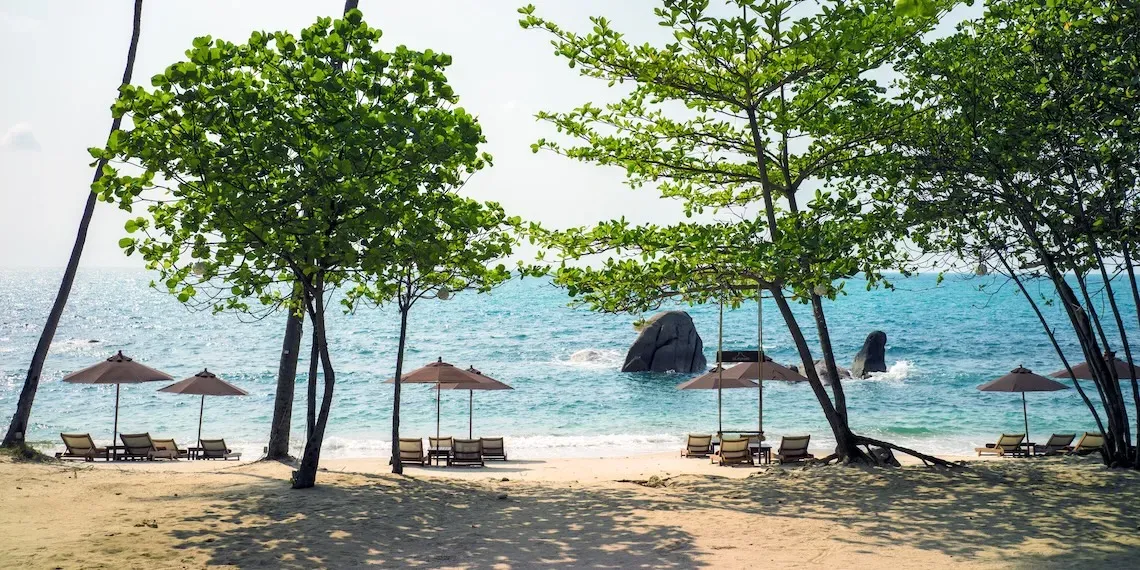
Deepen your yoga with private sessions, detox massage and fresh meals
Get in top shape with personal training, meditation and active recovery
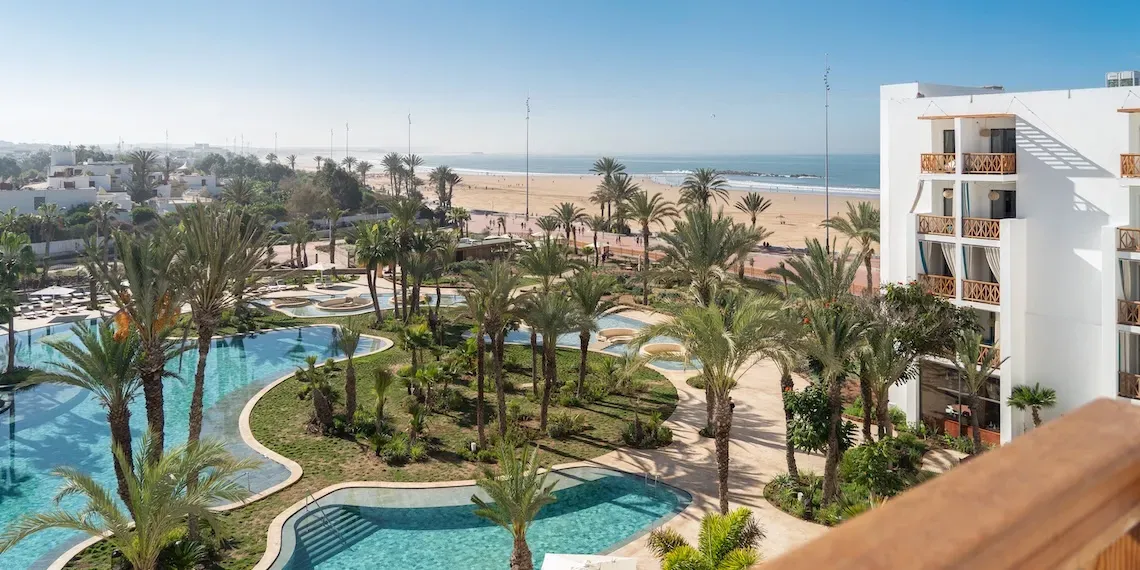
Programmes focused on rest, recovery, and body care. Choose from yoga, revitalizing spa treatments, or Oriental beauty rituals, each designed to help you slow down and feel at your best.
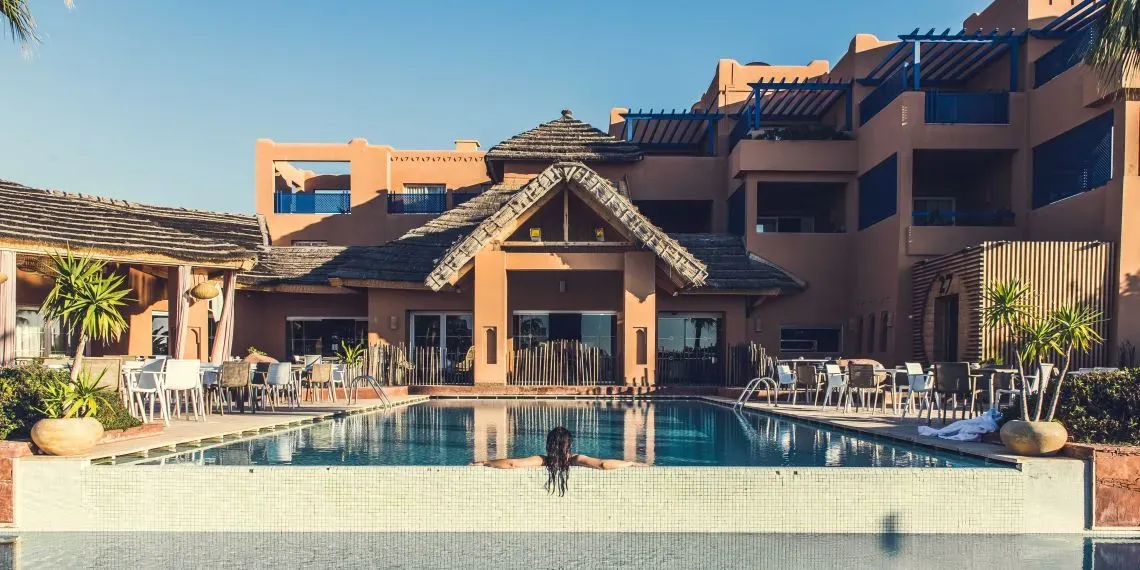
Build strength with personal training, yoga or surfing, plus hammam and massage. Includes breakfast, fitness and spa

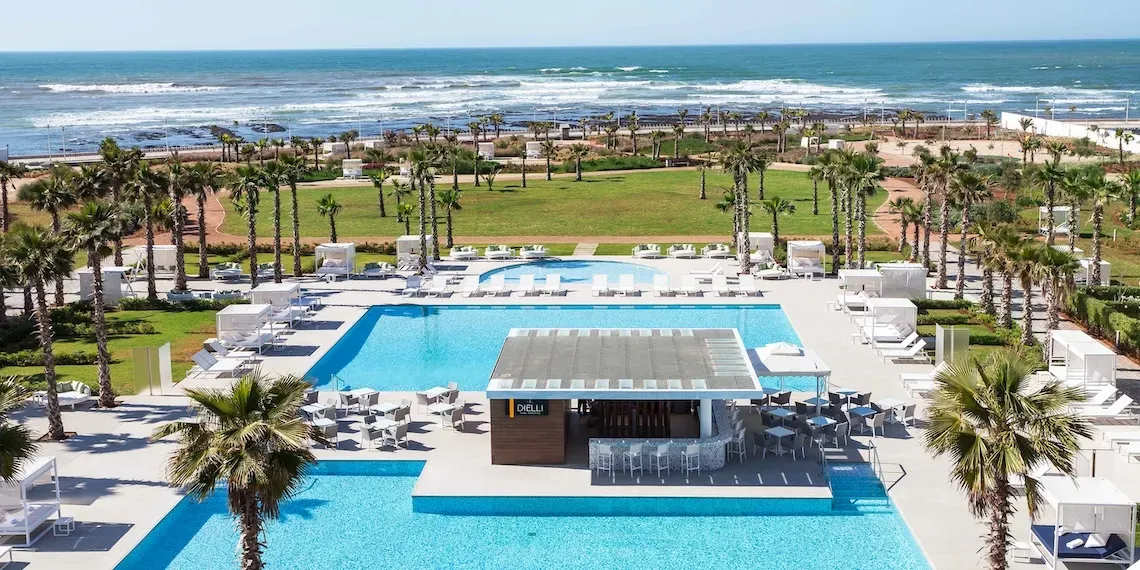
Discover programmes that calm the nervous system and restore inner balance. Through therapeutic massages, breathing practices, and sensory rituals, release tension and rediscover the deep calm your body and mind have been craving.
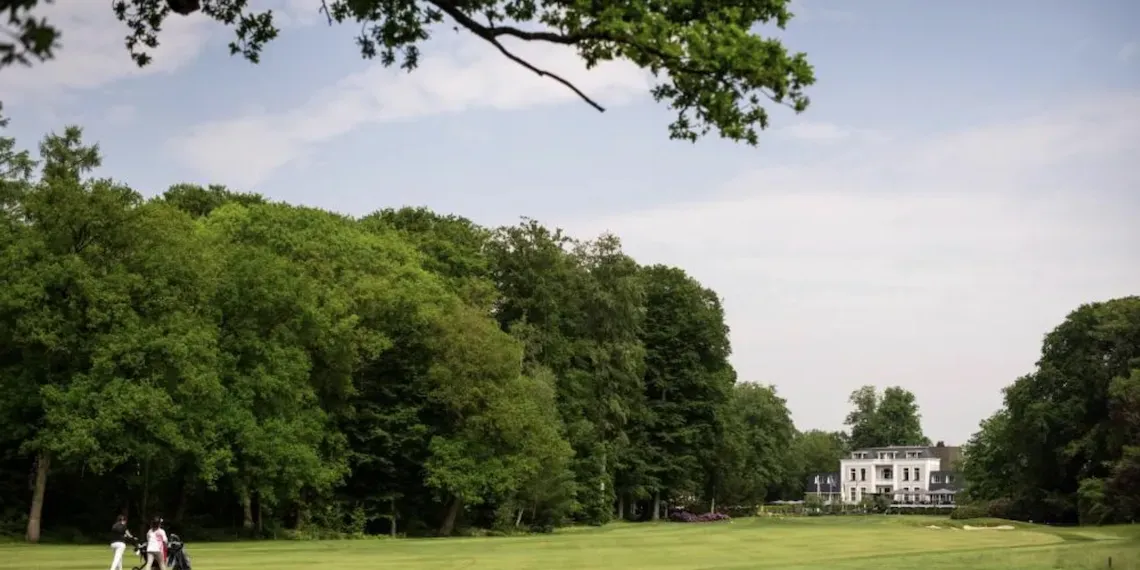
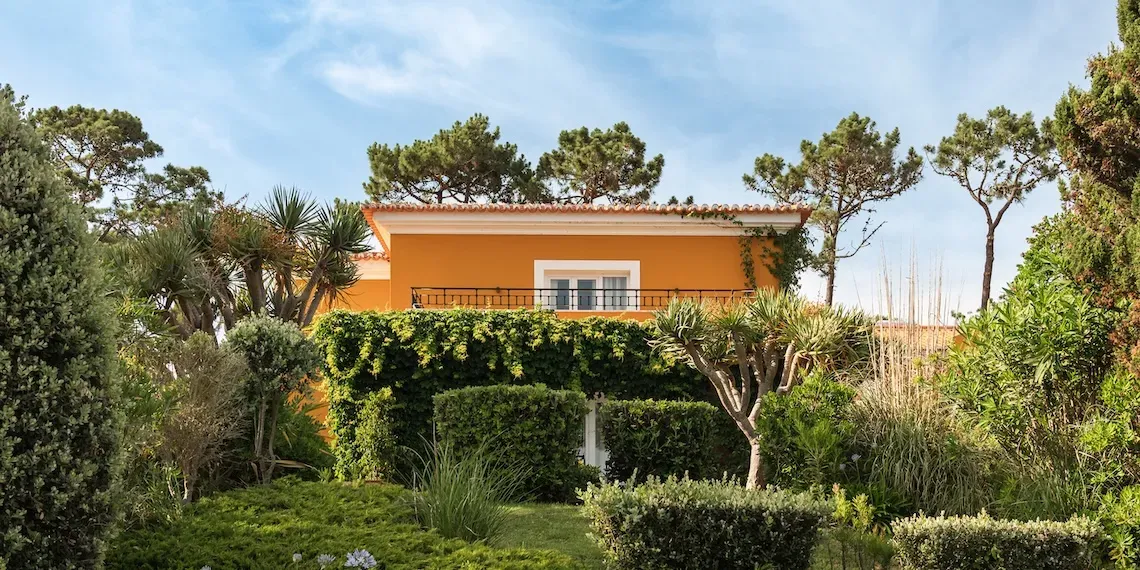
In need of rest and renewed energy? Discover programmes that help you slow down, recharge and regain balance. Experience deep relaxation, a clear mind and more vitality in everyday life.
Want to feel stronger, fitter and more resilient? These programmes combine training, therapies and recovery to boost strength, energy and balance
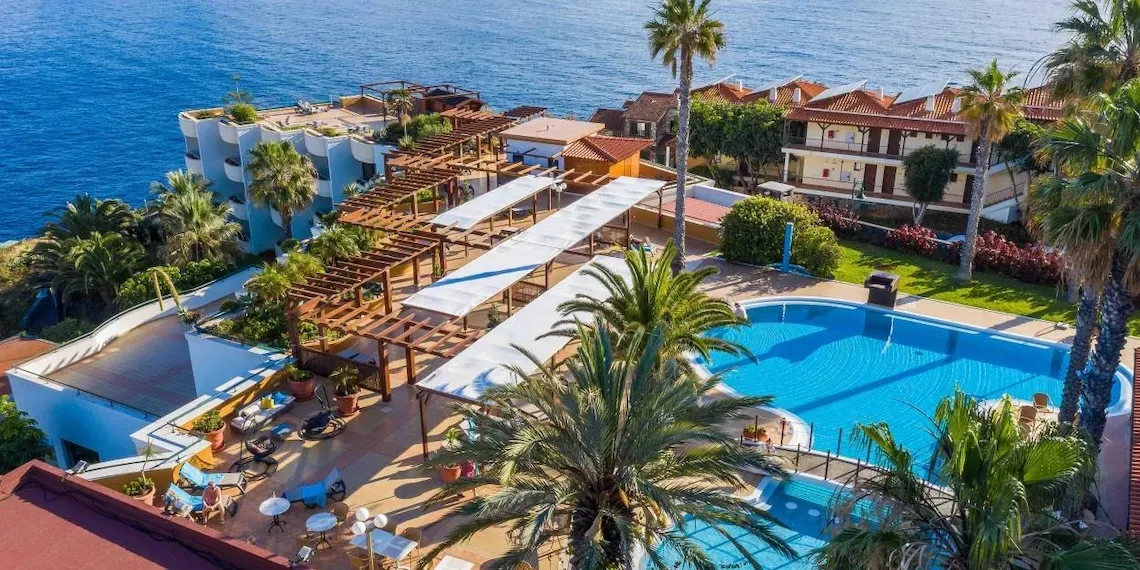
Private yoga sessions, massages and deep relaxation by the sea

Choose a complete yoga experience with group classes, massages, and free access to the spa. Relax, move, and recharge in a beautiful setting
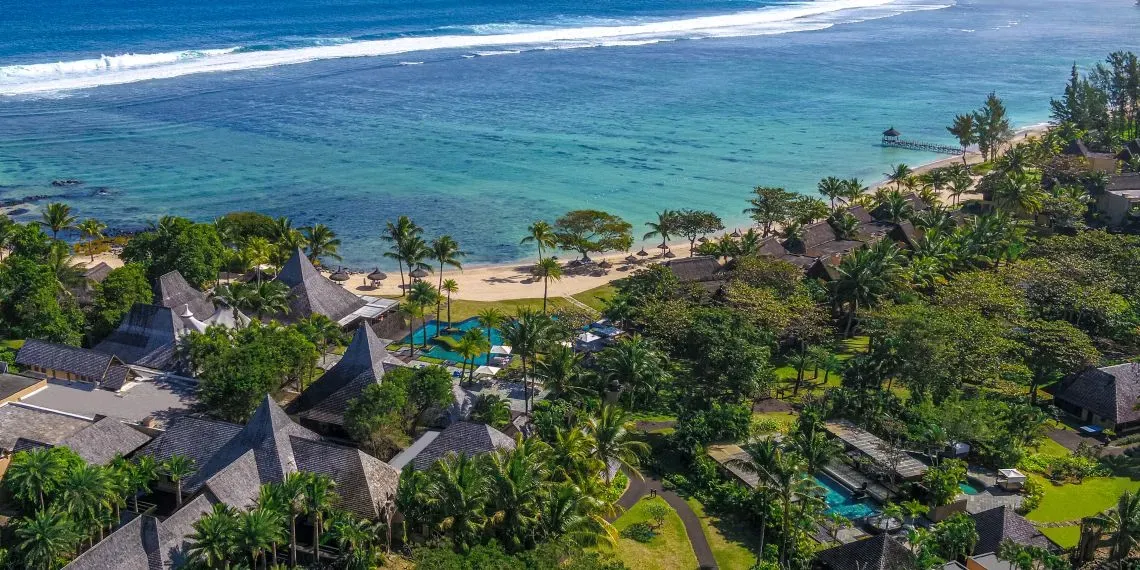
Relax with massage, reflexology or shiatsu, private yoga, luxury spa & group classes. Breakfast buffet included
Experience the healing power of Ayurveda with a personalised treatment plan tailored to your unique doshas. Daily therapies, customised nutrition and yoga restore deep balance, cleanse the body and rejuvenate body and mind
Combine varied yoga styles, wellness consult, massages & spa with daily breakfast buffet and group classes
Weight loss programme with fitness, yoga, Ayurveda & massages. Includes full board, spa & group classes
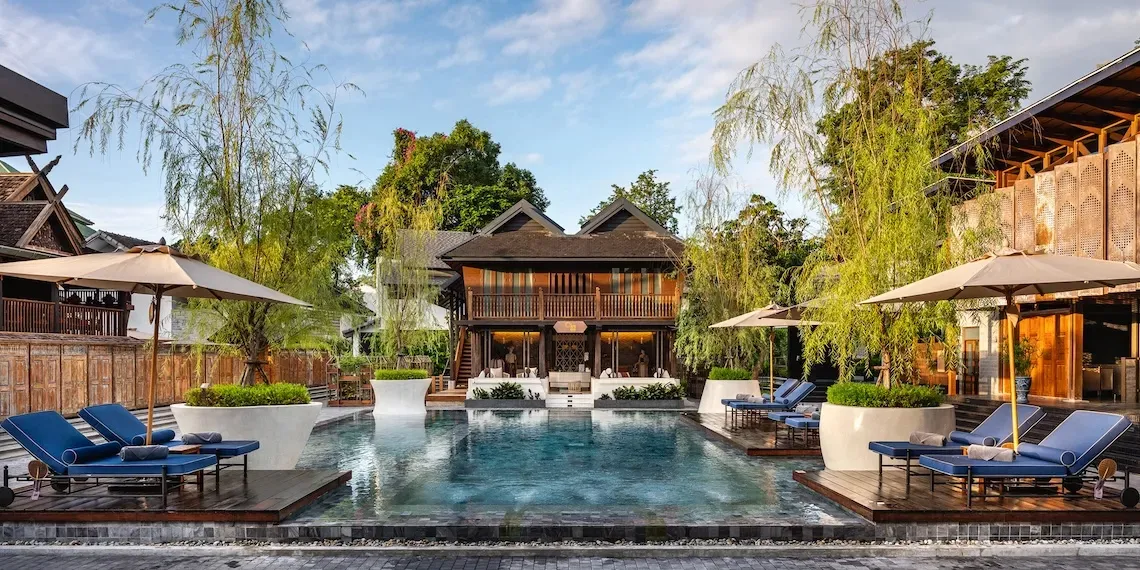
For those seeking deeper connection through yoga, meditation and mindful living. These programmes focus on strengthening the mind-body connection, mental clarity and present moment awareness in a natural setting.
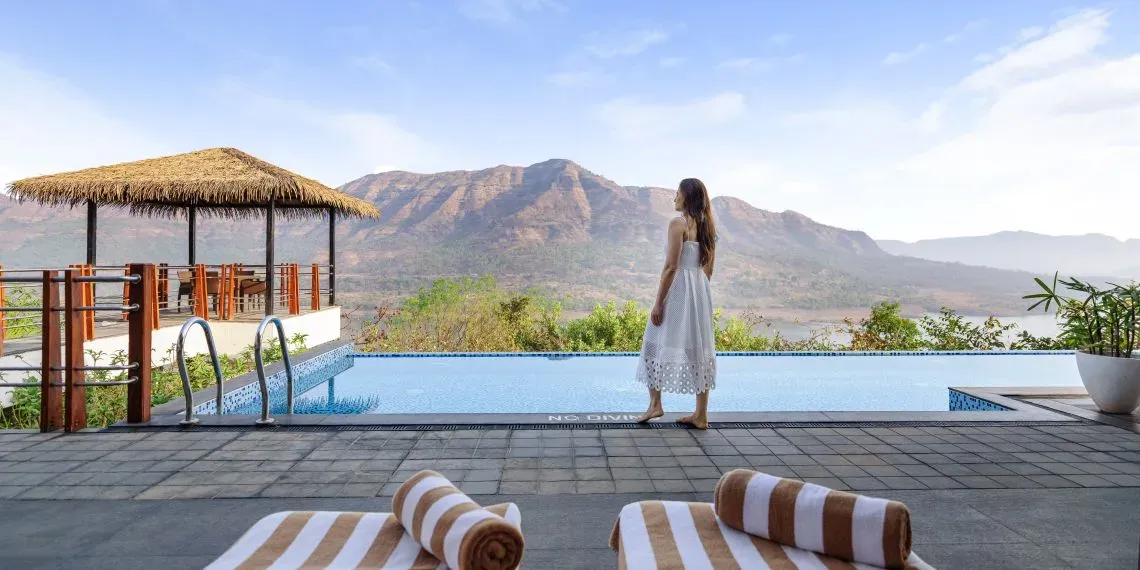
For those seeking rest, recovery or renewal: three retreats for inner balance, wellness and lifestyle transformation
Two intensive programmes for physical strength or inner peace through yoga or custom training.
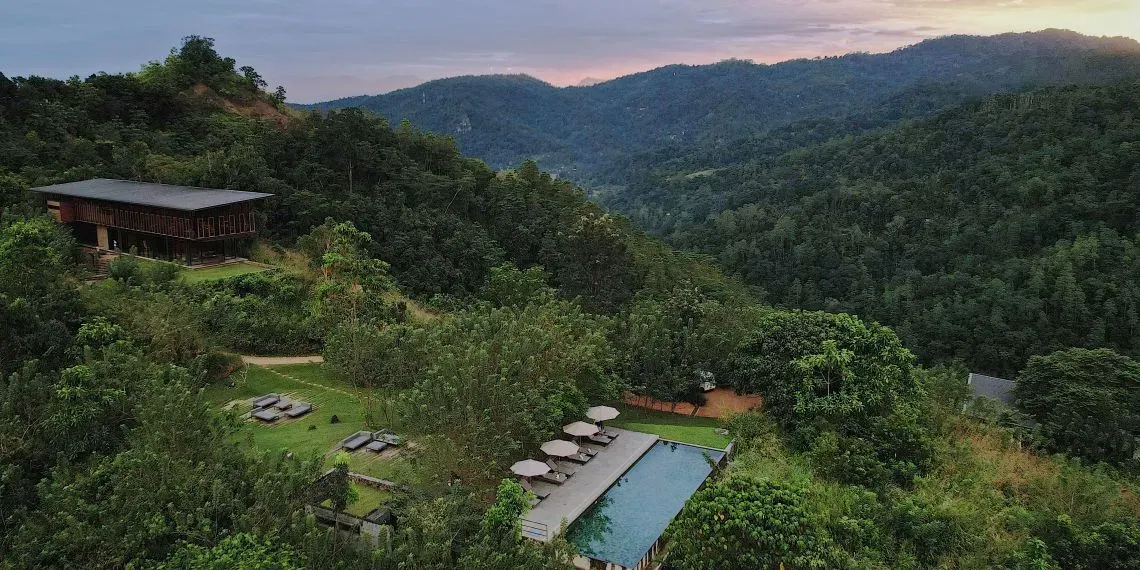
Whether starting yoga or deepening your practice, this flexible programme in Sri Lanka adapts to your level. Traditional Hatha Yoga supports mind and body
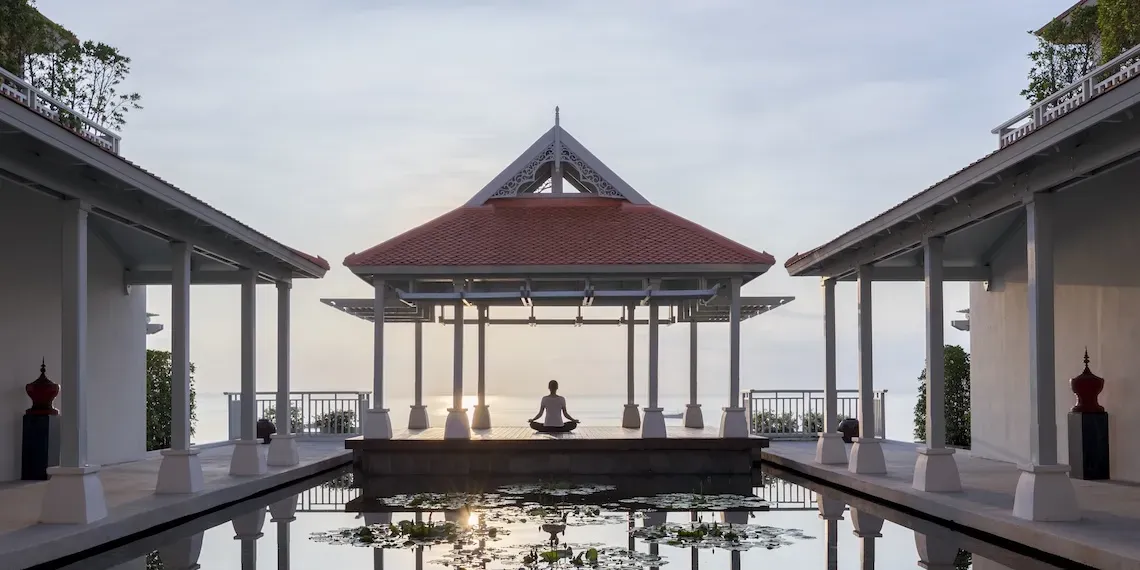
Experience ultimate wellness at Amatara Wellness Resort. Enjoy full board, wellness consultations, various massages, yoga and pilates classes, and more
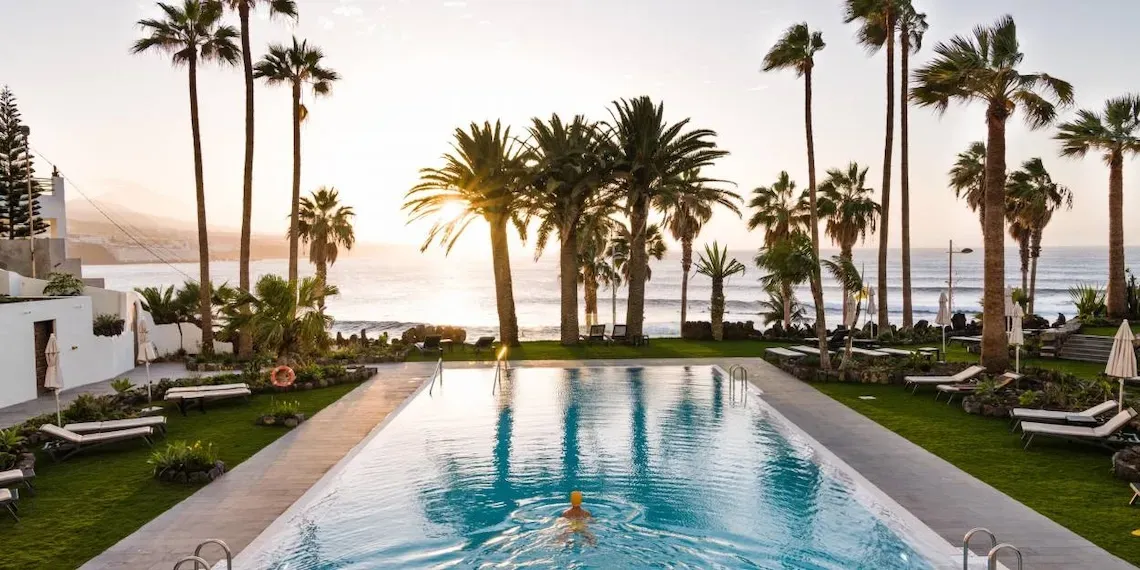
Restore body and mind with Ayurvedic care, yoga and balanced meals. For deep relaxation and renewed inner balance
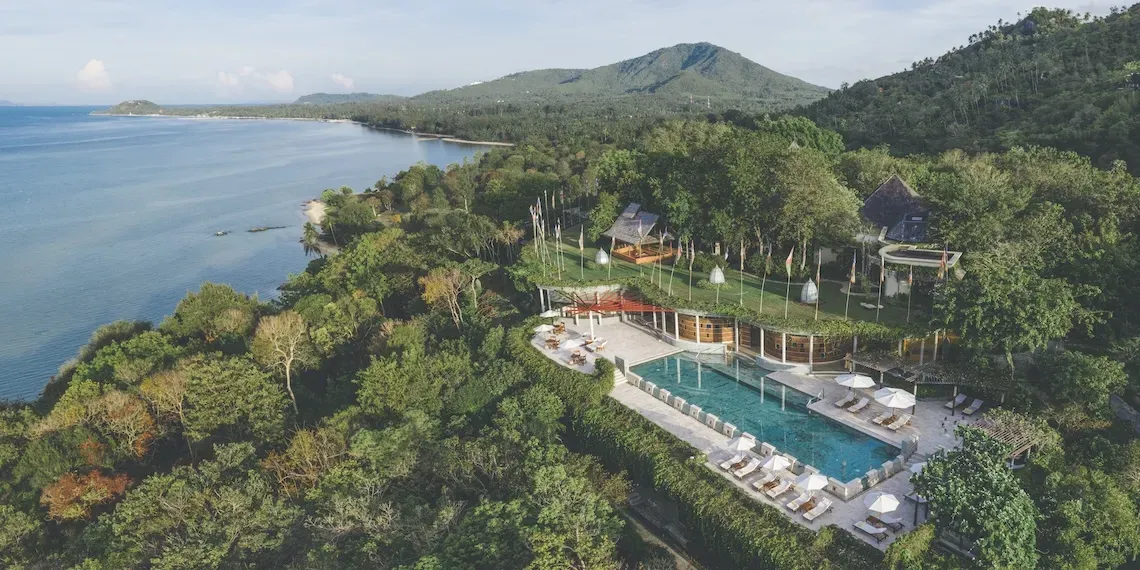
In need of movement, strength, and renewed energy? Discover programmes with sport, fitness, and yoga that help you become stronger, recharge, and restore your balance

Enjoy private beach yoga, massages, half board, spa & gym. Includes free group classes
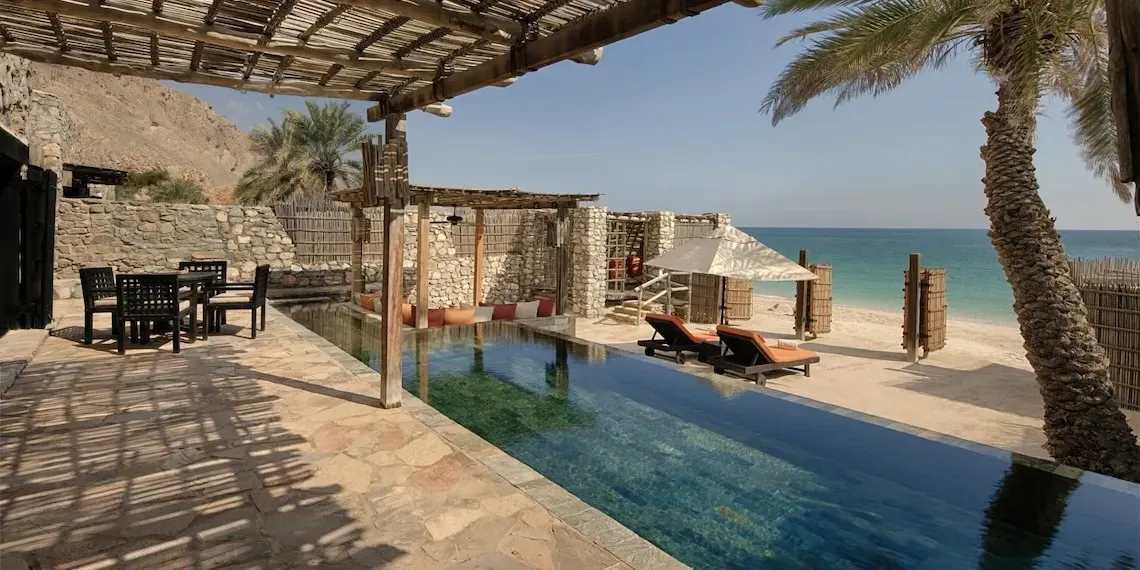
Private villa with yoga consult, 3 private sessions, meditation & massage. Includes spa facilities & daily wellness activities
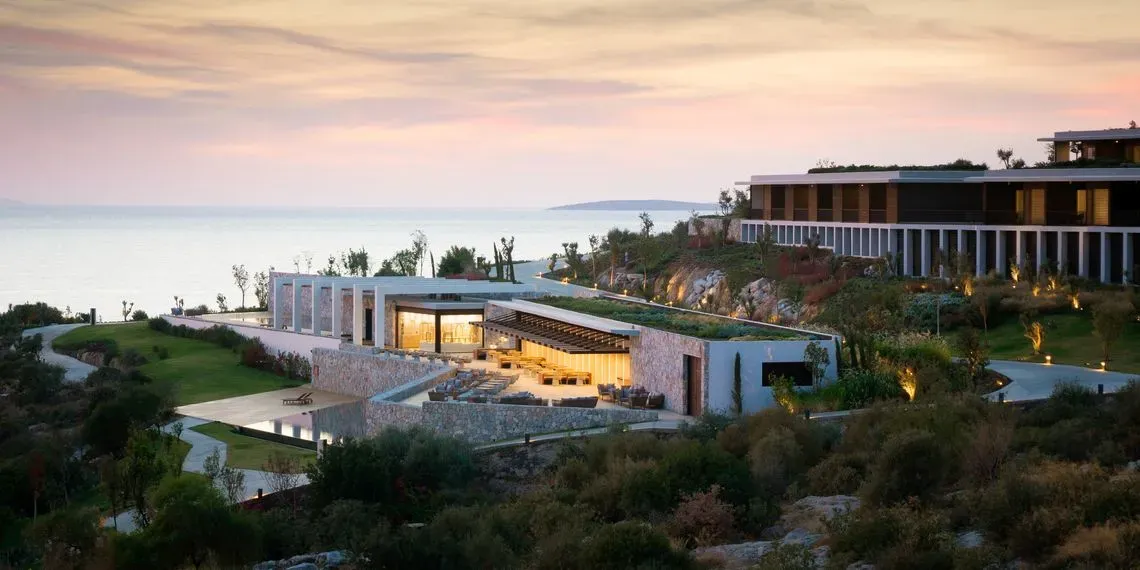
Deepen your yoga practice with private sessions, breathwork and energetic treatments
Build strength and endurance with training, assessments and recovery therapies
For those who want it all: yoga, fitness, meditation, cell therapy and deep relaxation
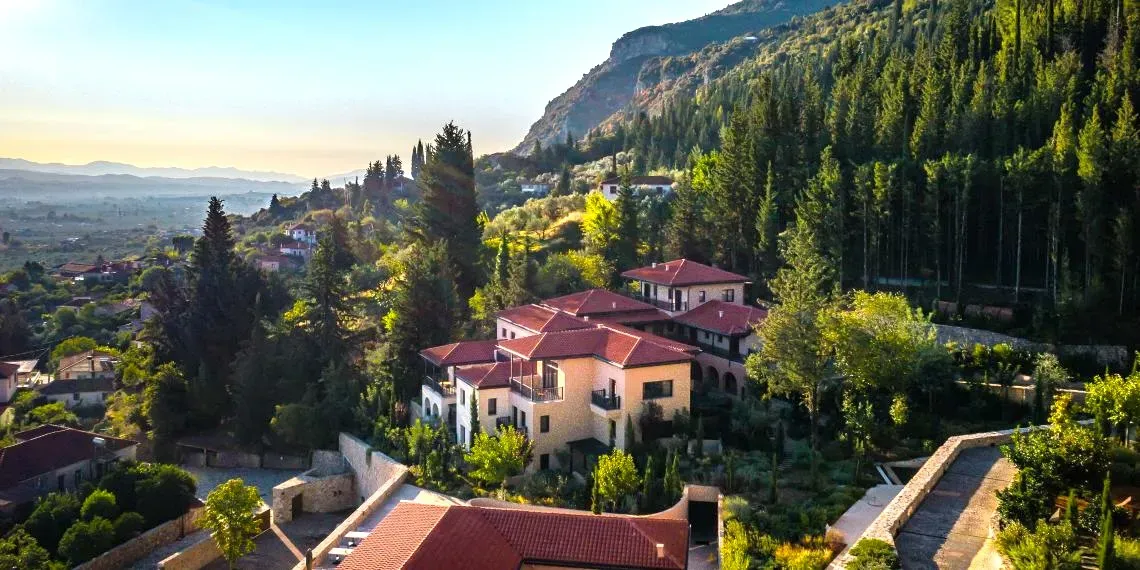
Boost strength, energy and balance through tailored training, nutrition and personal coaching, adapted to all fitness levels.
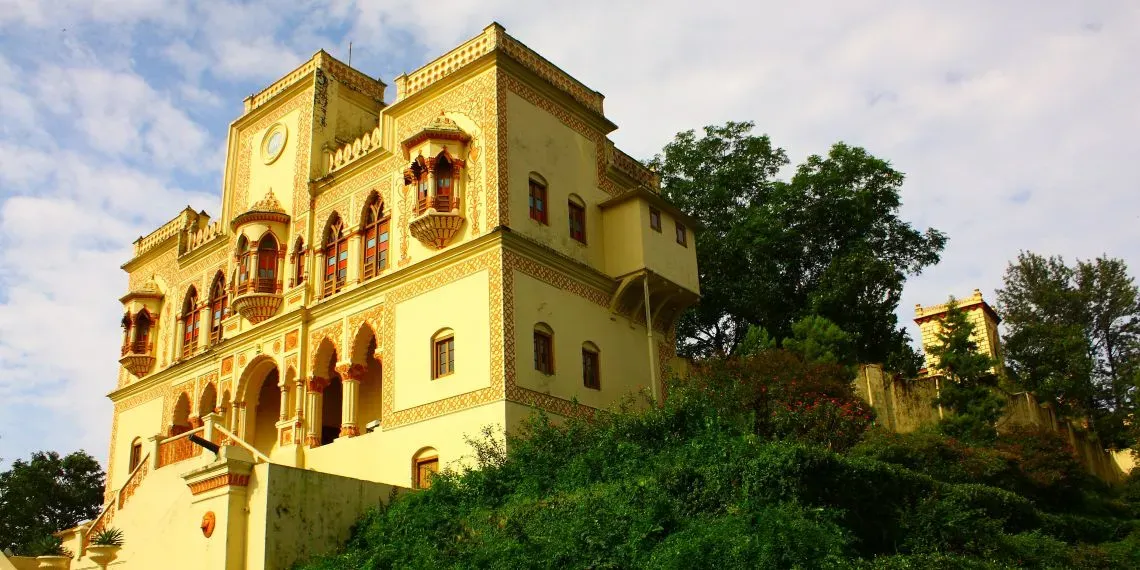
Support your body and mind with three holistic paths to boost immunity, revitalize skin and joints, and deepen your yoga journey. For a glowing, resilient, and balanced life
Choose from three powerful detox paths—Ayurvedic, holistic or yogic—each restoring balance, energy, and clarity. A deep cleanse for body and mind, tailored to your needs and rooted in ancient healing
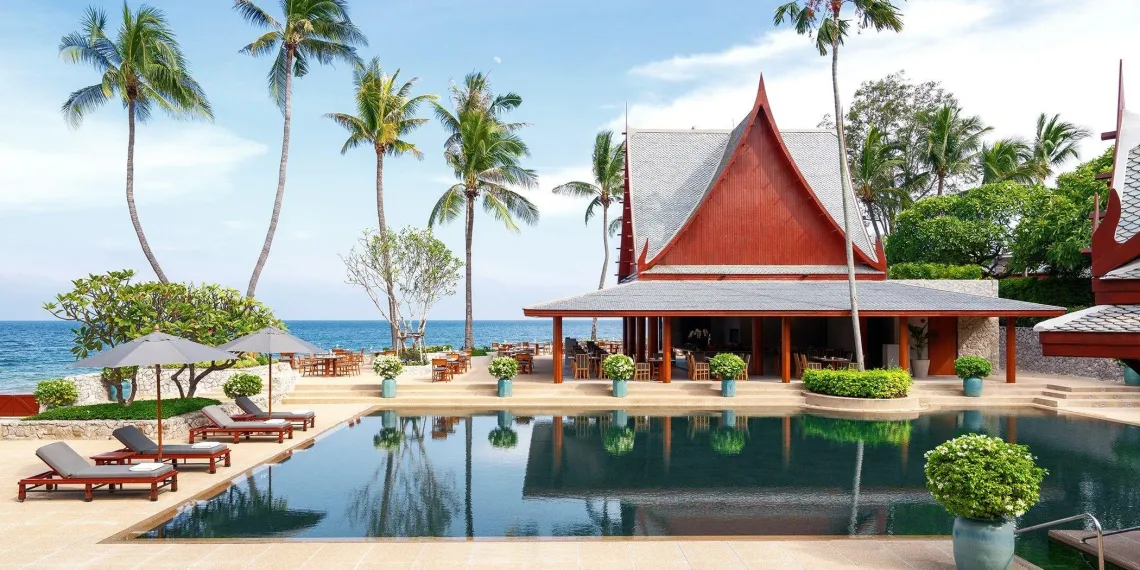
Improve strength and stamina with tailored fitness, yoga and sports programmes. Designed for recovery or peak performance.

Boost strength, energy, and shape with targeted movement and therapy. For a healthier body and long-lasting vitality - fitness or yoga programmes to improve posture and strengthen your body
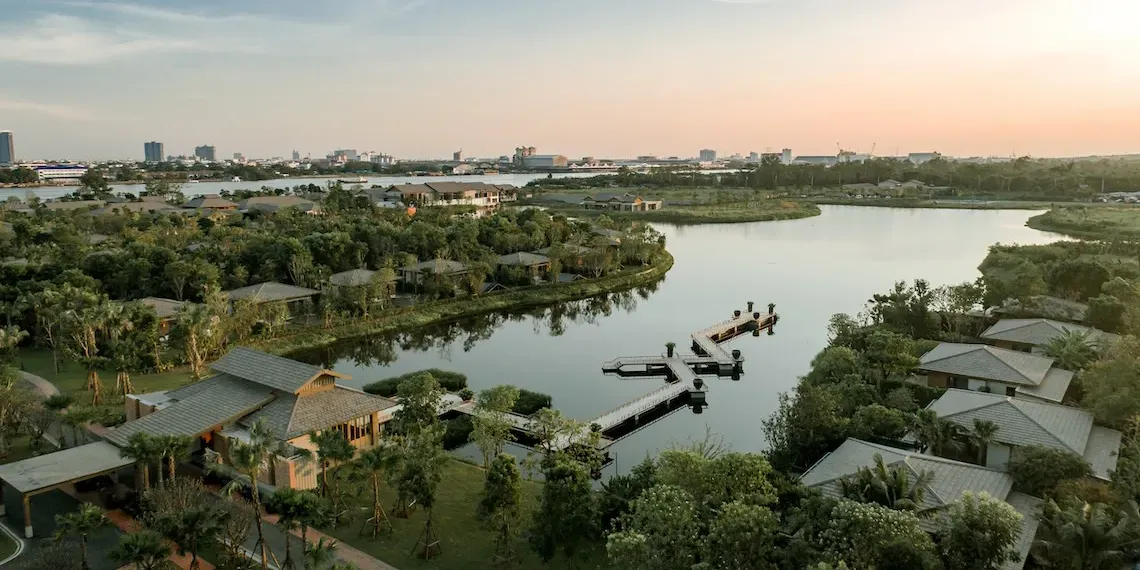
For a fully personalised retreat, this programme is tailored to your goals and wellbeing needs. Holistic and medical insights combine to create your unique path to vitality.
Private yoga classes
Private yoga classes allow for greater depth of practice. They grant you the peace and space to turn your attention inwards, making your yoga retreat a real spiritual journey. Readdressing the balance between body and mind, you’ll achieve relaxation through exertion. By stepping back a little from the business of your daily life, you’ll identify unhealthy habit patterns in your work, relationships or in the choices you make in daily life with regard to your health. This awareness helps you break those unhealthy patterns.
What is Yoga
Yoga is a holistic practice that originated in ancient India and has been practiced for thousands of years. The word 'yoga' comes from the Sanskrit word 'yuj', which means 'to join' or 'to unite'. It encompasses physical postures, breath control and meditation for a physically, mentally and spiritually balanced you. In yoga, people do different body positions called "asanas" to become more flexible and strong. You also learn to control your breathing to feel relaxed and focused. At its core, yoga seeks to unify the body, mind and spirit.
Yoga is not just about the physical part; it also includes meditation and mindfulness to help you stay calm and reduce stress. Yoga postures are designed to increase strength, flexibility, and balance, while also improving body awareness. They are typically practiced in conjunction with conscious breathing, which helps to focus the mind and deepen the connection between body and mind. Beyond the physical aspect, yoga also emphasizes mindfulness and meditation. By practicing mindfulness, individuals develop a heightened sense of awareness and a greater ability to live in the present moment. Meditation, on the other hand, involves focusing the mind and achieving a state of deep relaxation and inner calm.
Yoga has gained popularity worldwide and is practiced by people of all ages and fitness levels. It offers numerous physical and mental benefits, including improved flexibility, strength, stress reduction and mental clarity. It is important to note that while yoga can be physically challenging, it is ultimately a personal journey, and each individual is encouraged to practice at their own pace and level of comfort.
Yoga Holidays and Yoga Retreats
Finding the best yoga holiday or retreat requires some research and consideration of your preferences. Here are some steps to help you in your search:
- Identify your preferences: Determine what you're looking for in a yoga retreat. Consider factors like the destination, type of yoga, travel in group or alone, duration, type of accommodation, and any specific activities or amenities you'd like to have.
- Set a budget: Decide on your budget range for the retreat. Yoga retreats can vary widely in cost, so having a budget in mind will help narrow down your options.
- Read reviews and testimonials: Look for reviews and testimonials from past participants to get an idea of the experiences others had with the retreat you're interested in. Positive feedback from previous attendees can be reassuring. It can help to search on reviews of likeminded travellers, such as solo-traveller or in couples.
- Consider the schedule: Check the retreat's itinerary to see if it aligns with your expectations. Some retreats may focus on intensive yoga practice, while others might include more free time for exploration and relaxation.
- Check for inclusivity: If you have any specific dietary requirements or mobility needs, make sure the retreat can accommodate them.
- Group dynamics: Consider whether you prefer a large or small group setting. Some people enjoy the energy of a larger group, while others prefer a more intimate experience.
- Book in advance: Once you find a retreat that meets your criteria and fits your schedule, book early to secure your spot, as popular retreats can fill up quickly.
Types of Yoga
Yoga retreats are suitable for all. Experience is not necessary; nor is flexibility a must. Flexibility is rather a welcoming side effect of yoga practice.Yoga classes are suitable for both beginners and experienced yogis. There are various types of yoga, each with its own focus and approach.The best style for you is mainly a question of how dynamic you would like the class to be. Here are some common types of yoga and a brief summary of what they entail:- Hatha Yoga: Hatha yoga is a gentle and slower-paced practice that emphasizes basic yoga postures and breathing exercises. It is great for beginners and helps improve flexibility, balance and relaxation.
- Vinyasa Yoga: Vinyasa yoga involves flowing from one posture to another in sync with the breath. It is a dynamic and more energetic practice that builds strength, flexibility and coordination.
- Ashtanga Yoga: Ashtanga is a physically demanding and structured style that follows a specific sequence of postures. It emphasizes strength, endurance, and breath control.
- Bikram Yoga: Bikram, also known as hot yoga, is performed in a heated room with a set sequence of 26 postures and two breathing exercises. It aims to improve flexibility, detoxify the body and enhance mental focus.
- Kundalini Yoga: Kundalini focuses on awakening the dormant energy within the body through a combination of postures, breathing, chanting and meditation. It promotes spiritual awareness and emotional balance.
- Yin Yoga: Yin yoga involves holding passive stretches for an extended period, targeting the connective tissues and joints. It is a slow and meditative practice that enhances flexibility and relaxation.
- Restorative Yoga: Restorative yoga uses props to support the body in gentle postures, promoting deep relaxation and stress relief. It is particularly helpful for relaxation and healing.
- Iyengar Yoga: Iyengar yoga focuses on precision and alignment in postures. It uses props to assist in achieving correct alignment and is suitable for all levels of practitioners.
- Power Yoga: Power yoga is a fast-paced and vigorous style that challenges the body's strength and stamina. It aims to build muscle and increase overall fitness.
- Aerial Yoga: Aerial yoga involves performing yoga postures while suspended in a hammock. It helps with spinal decompression, core strength, and flexibility.
These are just a some examples of the many types of yoga available. Each style offers unique benefits, so you can choose the one that best suits their preferences, fitness level and wellness goals
Is yoga physical exercise or spiritual practice
To some, yoga is a form of exercise, while to others it is a spiritual journey. Both perspectives are completely valid. According to the roots of yoga, yoga was originally more than physical exercise. It is an ancient Indian philosophy, used to balance the body and mind and thus connect with something ‘higher’. The physical postures were merely one part of this philosophy. Proper behaviour, meditation, healthy habits and breath techniques were just as important. In the Western world, we perceive yoga as exercises on a mat. Whether you interpret yoga as pure exercise or as a spiritual practice is unimportant. Its therapeutic effects remain. Concentrating on the breath as you assume the various poses leads to a meditative state whereby everyday thoughts and feelings are diminished or even banished. Doing yoga creates mental relaxation through physical exertion.What is a meditation retreat
It is a specialized getaway focused on providing you a dedicated space and time for deepening your meditation practice and experiencing inner peace and mindfulness. These retreats are typically held in serene and secluded locations, away from the hustle and bustle of daily life, to create a conducive environment for relaxation and self-reflection.
During a meditation retreat, you engage in various meditation techniques, mindfulness practices and guided sessions led by experienced meditation teachers. The retreat may last anywhere from a few days to several weeks, allowing participants to immerse themselves fully in the practice.
What do you get out of a meditation retreat or holiday
- Inner Exploration: you are encouraged to explore your thoughts, emotions and inner experiences in a non-judgmental and accepting manner.
- Stress Reduction: The serene and peaceful environment of the retreat helps reduce stress and promotes relaxation.
- Deepening Meditation Practice: you can focus on developing and refining your meditation techniques, leading to a more profound and enriching meditation experience.
- Mindfulness: Mindfulness practices taught during the retreat help you become more present and aware in daily life.
- Spiritual Growth: For those with spiritual interests, meditation retreats may offer opportunities for spiritual growth and self-discovery.
- Community and Support: Being surrounded by like-minded individuals can foster a sense of community and support, creating a nurturing space for personal growth.
Disconnect from the outside world, find inner stillness and return refreshed and renewed after a meditation retreat or mediation holiday.

 EN
EN NL
NL BE
BE







